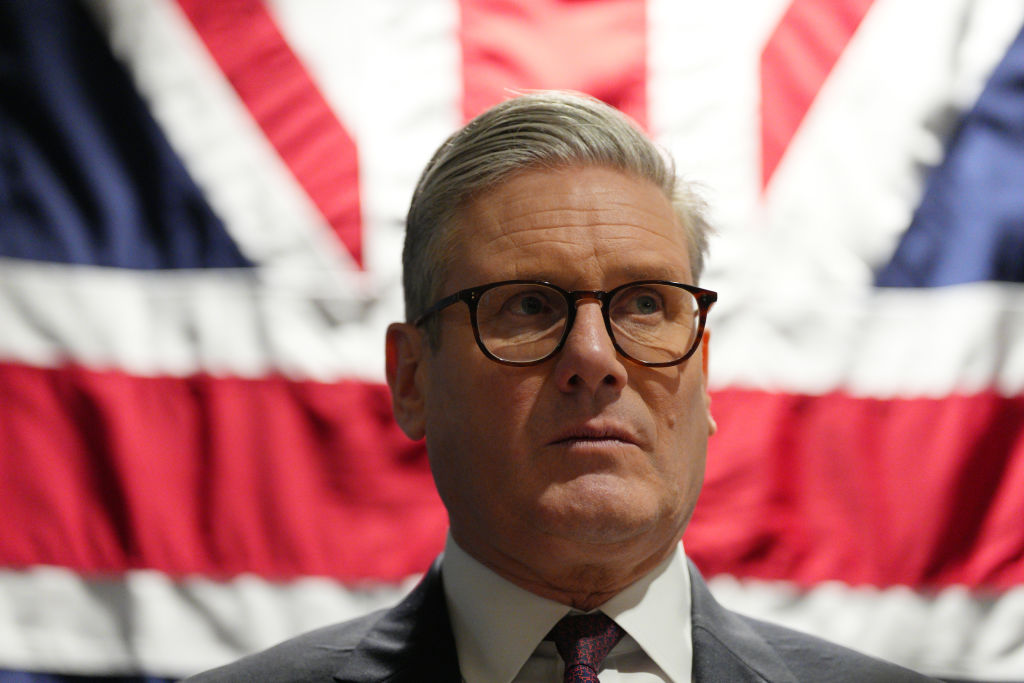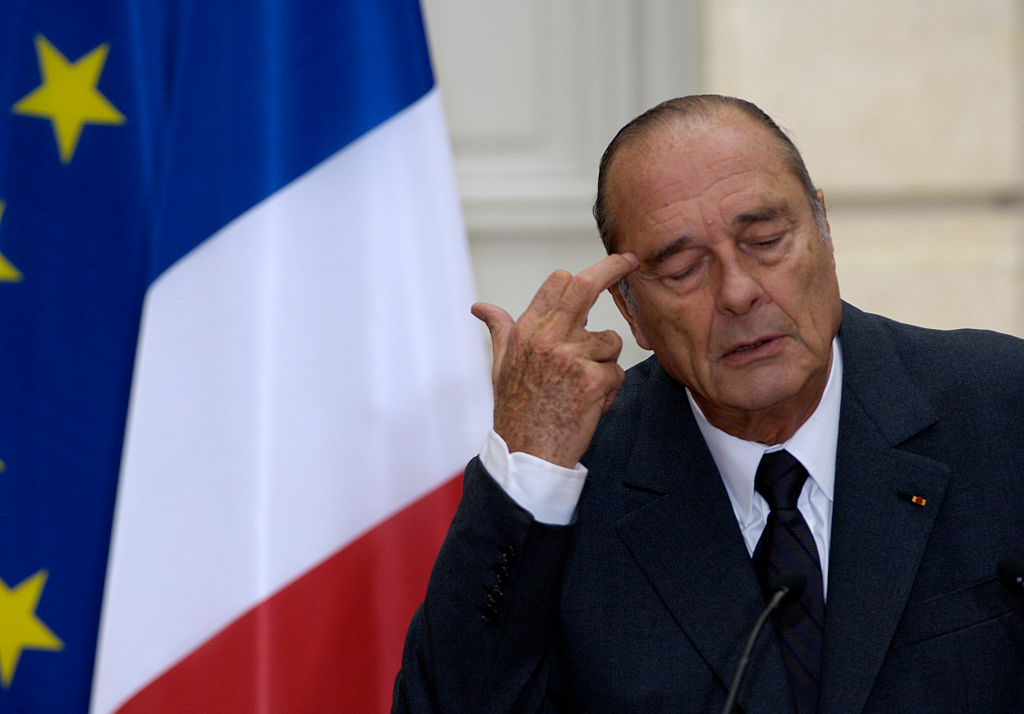It seems now, finally, to be the turn of the United Kingdom to join in the Western World’s move toward the populist Right. This trend has been widely observable in many countries as disparate as Argentina and Italy, two of the pioneers of this trend, as they were two of the most poorly governed of the large democracies of the West. As all the world knows, in the United States, a complete outsider has not only taken over the Republican Party and the White House, but radically changed the nature of public policy and the tenor of public discourse. In a desperate last stand, the bipartisan establishment heaped utterly spurious prosecutions on Donald Trump and he was acquitted by a jury of 78 million Americans. If he completes this term in good health, he will be only the 12th president in American history (of 45) to win two contested presidential terms and serve them entirely. And he is the only person ever elected president without ever having sought or held any other public office, elected or unelected, or a high military command. Donald Trump has effected a radical change within the two-party system that has existed without serious interruption since the Civil War 160 years ago.
This same tendency to the populist Right is very evident in France where Marine Le Pen looked well set to win the presidency of the Republic in her fourth attempt, though she too has been spuriously attacked by a politicised prosecution system. It is more likely that either she will overcome the threat or public irritation at the abuse that it represents will, as in the United States, redound to the benefit of her party whether she is leading it or not. Even more recently, the German elections which interrupted the rivalry as old as the Federal Republic between the Christian and Social Democrats by catapulting the Alternative For Germany (AfD) party into the position of official opposition, have generated a suspiciously timed and dubiously motivated 1,100 page finding that the party of 20 per cent of all Germany is an extreme organization. The candidate for chancellor of the Alternative, Alice Weidel, states that her political heroine is Margaret Thatcher. The hero of the incoming Chancellor Friedrich Mertz is Ronald Reagan, and President Reagan and Prime Minister Thatcher were closer in outlook and personality than two peas in a pod, so the insinuation that the Alternative For Germany is an extremist organization, a label of chilling historical implications in Germany, is suspect.
Even in Canada, where a Liberal incumbent regime which had essentially failed won a minority re-election last week, this was entirely due to sophomoric posturing about certain condescensions of President Trump towards Canada as an underachieving country. In that election, the Conservative Party sharply increased its position and ran almost even with a Liberal Party that had effectively absorbed the traditional third-party in Canada, a democratic socialist outlier to the left of centre. And in Britain last week, in one by-election and a large number of municipal elections, the Reform Party led the polls. The media has made much of the fact that in the by-election victory, Reform won by only six votes, but it overcame a previous Labour lead of 14,000 votes. Modern British history is replete with examples of third or fourth parties that have run very strongly between elections but have not been able to replicate that feat at a general election. It is too early to say whether that could be the case here, but current polls indicate that if there were a general election now the Reform Party would win 30 per cent of the vote against 20 per cent for the Labour Party, 19 per cent for the Liberal Democrats, and 17 per cent for the Conservatives, and would form a majority in parliament, with the great Conservative Party of Disraeli, Churchill, and Thatcher winning only twelve constituencies.
The die is not cast but it would be hazardous to discount the possibility that the Reform Party may have a profound impact. The arrogant refusal of the British Conservatives to have any serious discussion of joining forces with Reform when it was Reform’s leader, Nigel Farage, who originally raised the alarm about British membership in Europe, rests heavily upon it today. The Conservative Party, with David Cameron, Theresa May, Boris Johnson, Liz Truss, and Rishi Sunak, inflicted five failed prime ministers on the country in eight years, an unenviable record never remotely approached before in the history of that office dating back to Robert Walpole in 1721. There is a price to pay for such a conspicuous failure and Conservatives should not be complacent that the price will be any less than not paid by the British Liberals after World War I, when they allowed the Labour Party to take the base of their support and to hold it without interruption for the last century.
The present British Conservative Party appears to be unable to grasp the need to shrink the cost of the national health service and enact a policy of lower tax levels than its traditional opponents, or place the legitimate concerns of British citizens above the rights of people who enter the country illegally by exploiting the irresolution of the government of the United Kingdom to defend the nation’s borders. The heavy rebuke that the traditional parties received last week will be replicated on a national scale as has happened in other sophisticated democracies, if the people feel that the political parties that have traditionally served them are no longer listening. These elections are almost the last warning for the peddlers of political business as usual in the United Kingdom, and are the last that they deserve to receive.





Francis: Despite his political lapses, ‘he was surely a good man’